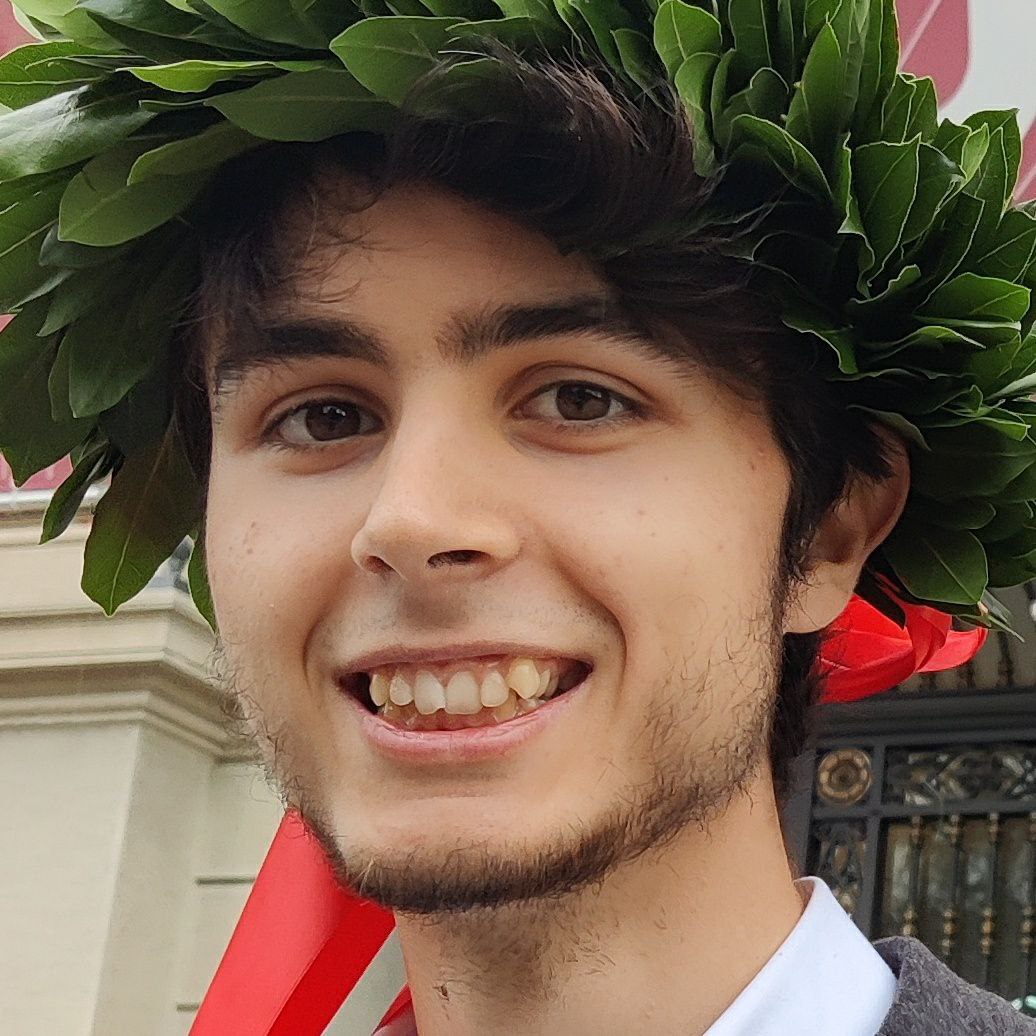
Diophantine Reciprocals III
In the following equation $x$, $y$, and $n$ are positive integers.
$$\dfrac{1}{x} + \dfrac{1}{y} = \dfrac{1}{n}$$For a limit $L$ we define $F(L)$ as the number of solutions which satisfy $x \lt y \le L$.
We can verify that $F(15) = 4$ and $F(1000) = 1069$.
Find $F(10^{12})$.
